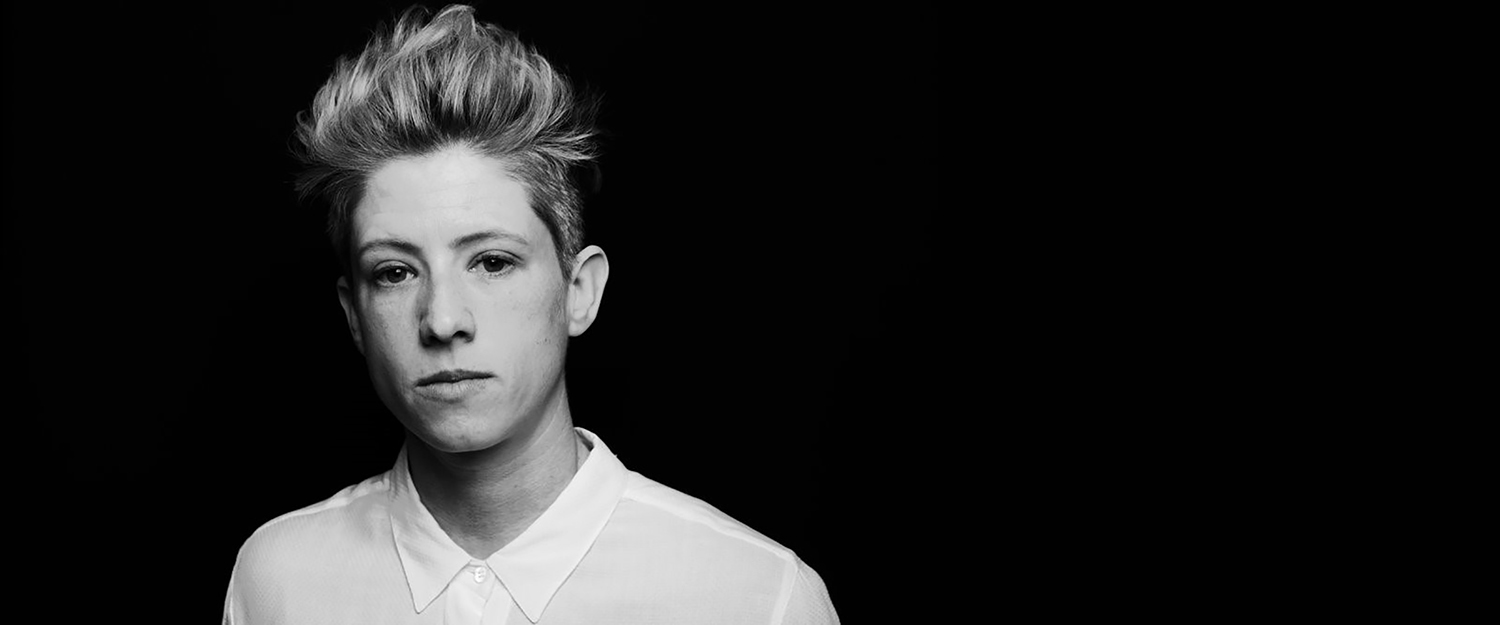In June 2014, NCLR launched Born Perfect, a program to end conversion therapy, by passing laws across the country to protect LGBTQ children and young people, fighting in courtrooms to ensure their safety, and raising awareness about the serious harms caused by these dangerous practices.
Few practices hurt LGBTQ youth more than attempts to change their sexual orientation or gender identity through conversion therapy, which can cause depression, substance abuse, and even suicide.
But some mental health providers continue to subject young LGBTQ people to these practices—also known as “reparative therapy,” “ex-gay therapy,” or “sexual orientation change efforts”—even though they have been condemned by every major medical and mental health organization in the country. We are committed to ending these dangerous and stigmatizing practices across the country once and for all—relegating them to the dustbin of history, and ensuring every child knows they were #BornPerfect.
Born Perfect: Toolkits, Resources and Statements
If you are a conversation therapy survivor and interested in getting involved with Born Perfect, please email Jennifer Bing.
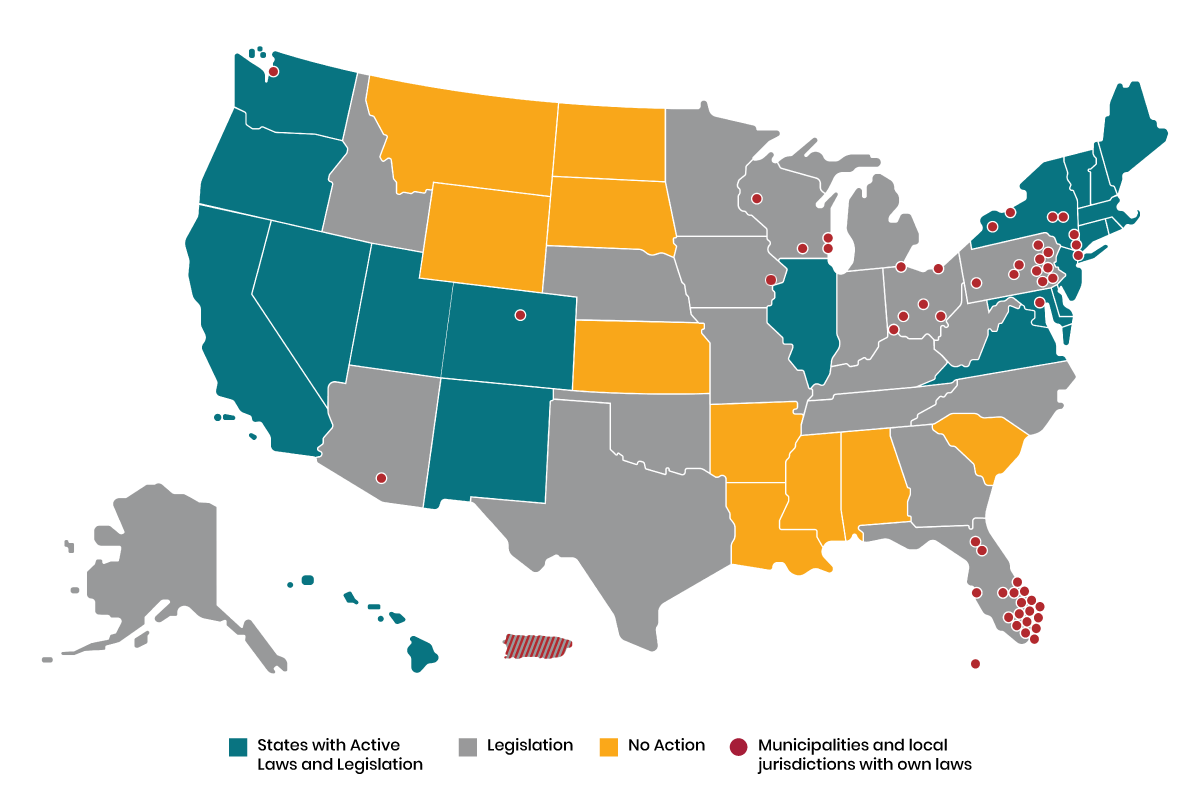
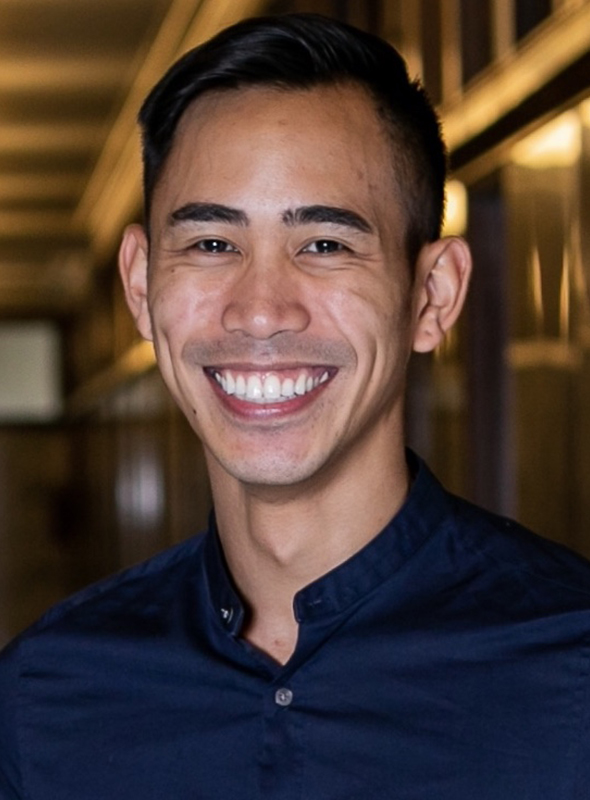
Darren’s story
Thirty years ago today, October 11 was named National Coming Out Day to mark the anniversary of the 1987 March on Washington for Lesbian and Gay Rights in the United States. October is LGBTQ History Month and Filipino American History Month as well.
Also 30 years ago today, I was born in Texas as the youngest of three siblings to the parents of Filipino immigrants. Each year, this time feels bittersweet to me. As I celebrate each of these identities, I remember how central my Filipino-American identity was to my coming out story.
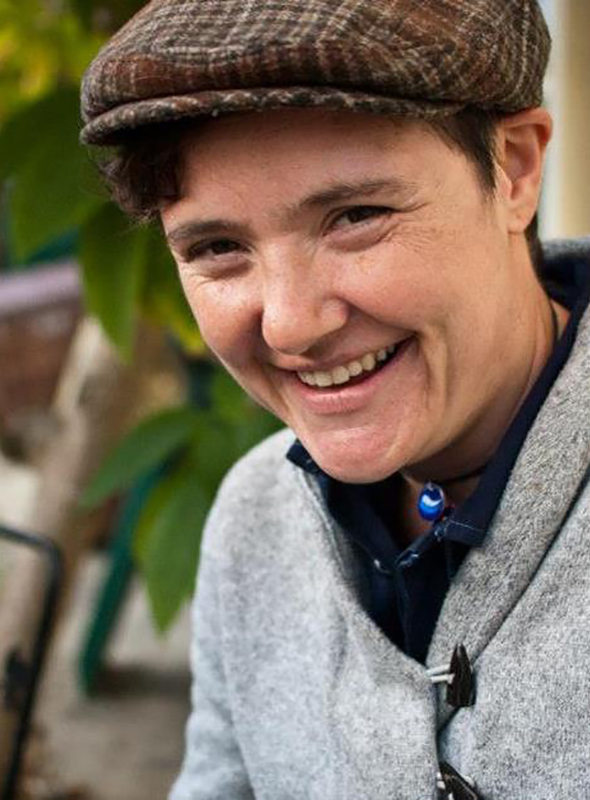
Deb’s story
I was brought up in what some people might refer to as a fundamentalist Christian household where church and God were at the center of our home. We would joke that there are Christians and then there are Christians. People who might go to church but that doesn’t mean that they were devout or living and breathing a real relationship with God. It was very much a point of pride in my family.
When you’ve been brought up in such a very strong religious community you know the rules and you know what is appropriate — what gets you love and acceptance. Then you also know what doesn’t.
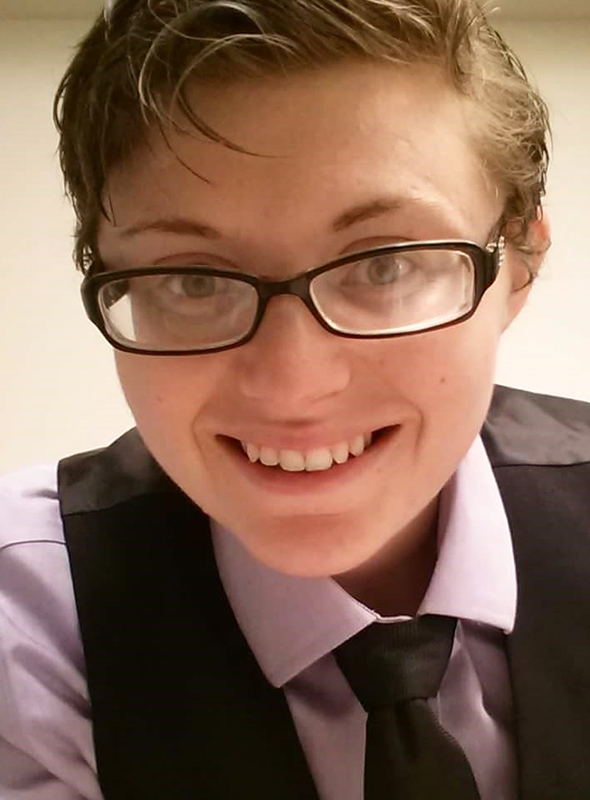
Amanda’s story
I attended an evangelical Christian college. I also happen to be gay. During college, my journey to try to reconcile my faith with my sexual orientation nearly cost me my life. While many told me conversion therapy would bring me closer to God, attempts to change my sexual orientation led to an eating disorder, and I became suicidal.
I told our pastor my secret. He said, “This is wrong, but you can be cured. We’ll get through this together.” I believed him.
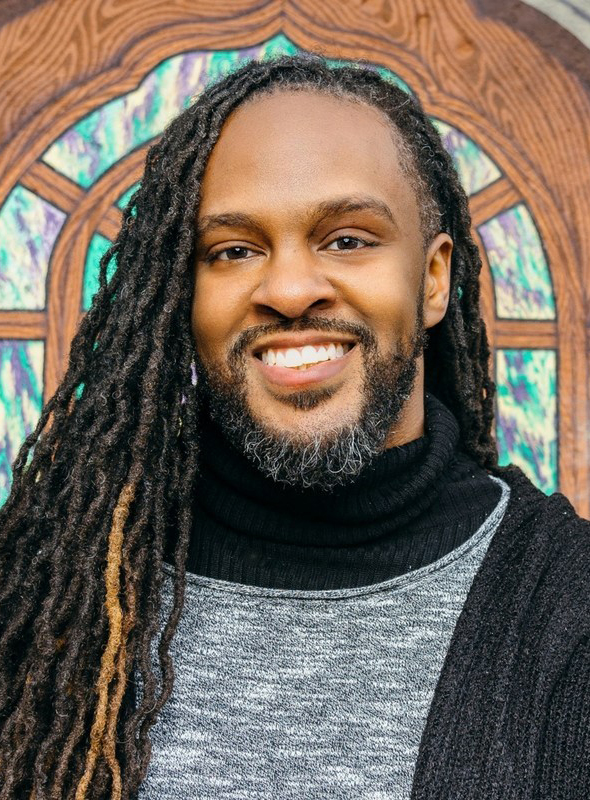
Darren’s Story
When I was a 17-year-old college freshman in Chicago, I wrote a coming out poem to say, “I’m Black, I’m Christian, I’m gay—get used to it.” My parents initially thought it might be a phase, but, fortunately, were willing to accept me however I was.
About a year after writing my poem, a friend who struggled with his same-sex desires invited me to his church. The pastor set out to “help” me, assuring me that if I followed his directions and prayed enough, I could become “pleasing” to God.
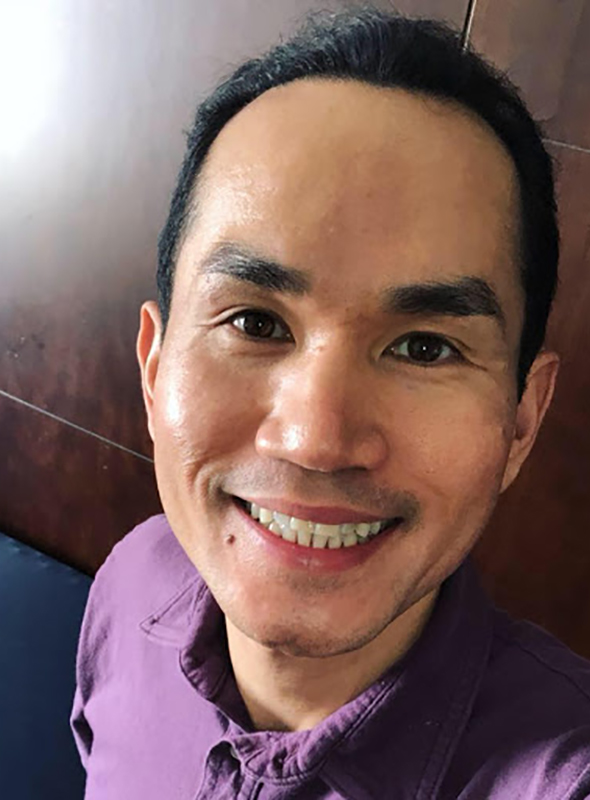
Peter’s story
I was raised in a religious household in southern California where my mom was a devout member of the ultra-conservative sect of Catholicism known as Opus Dei. As a first-generation Filipino American and the youngest of five children, I had a close bond with my mom that was strengthened through our involvement with the church.
But when I came out to my mom in high school, I was pressured into conversion therapy to change my sexual orientation. I became afraid that what once brought us close together — our deep Catholic piety — would become the very thing that would tear us apart.

